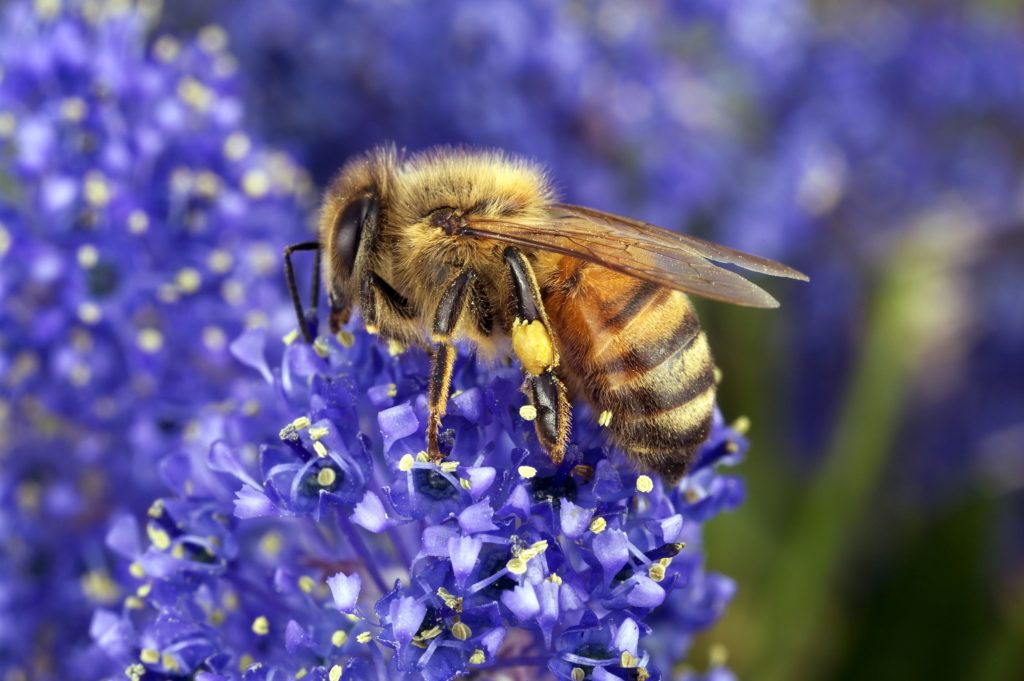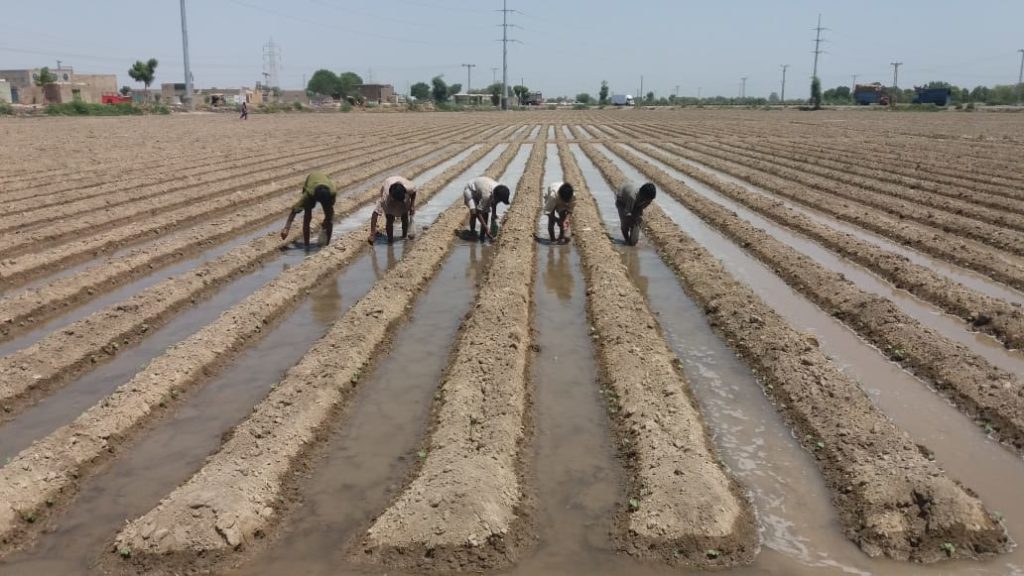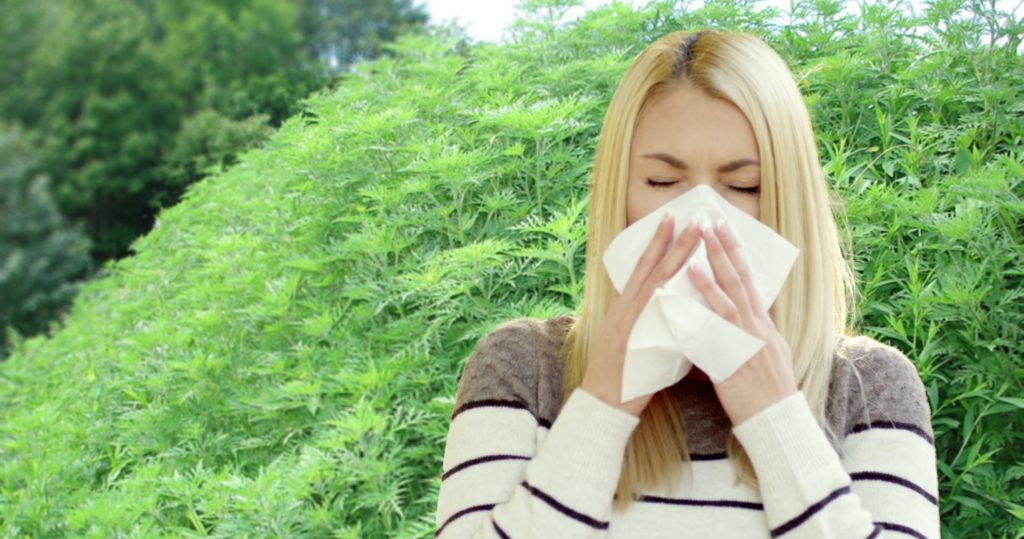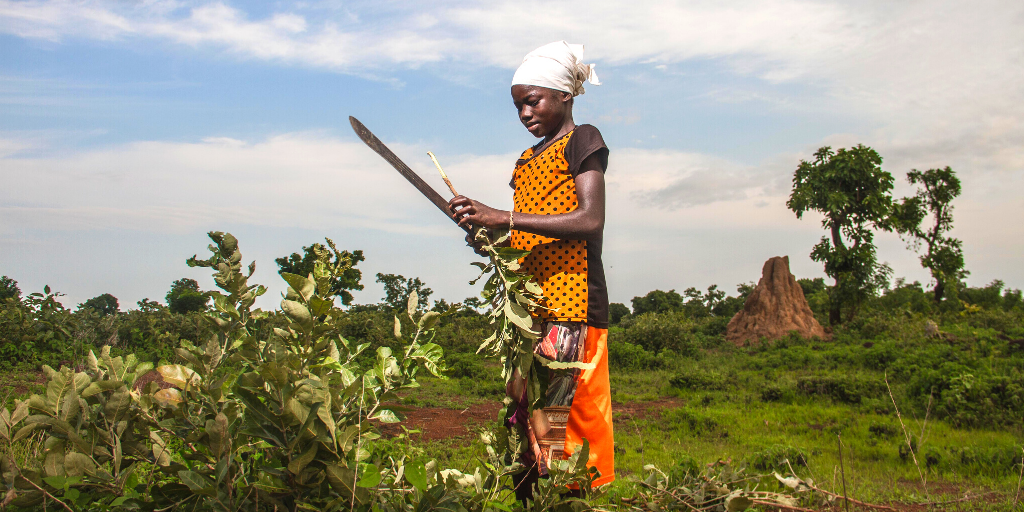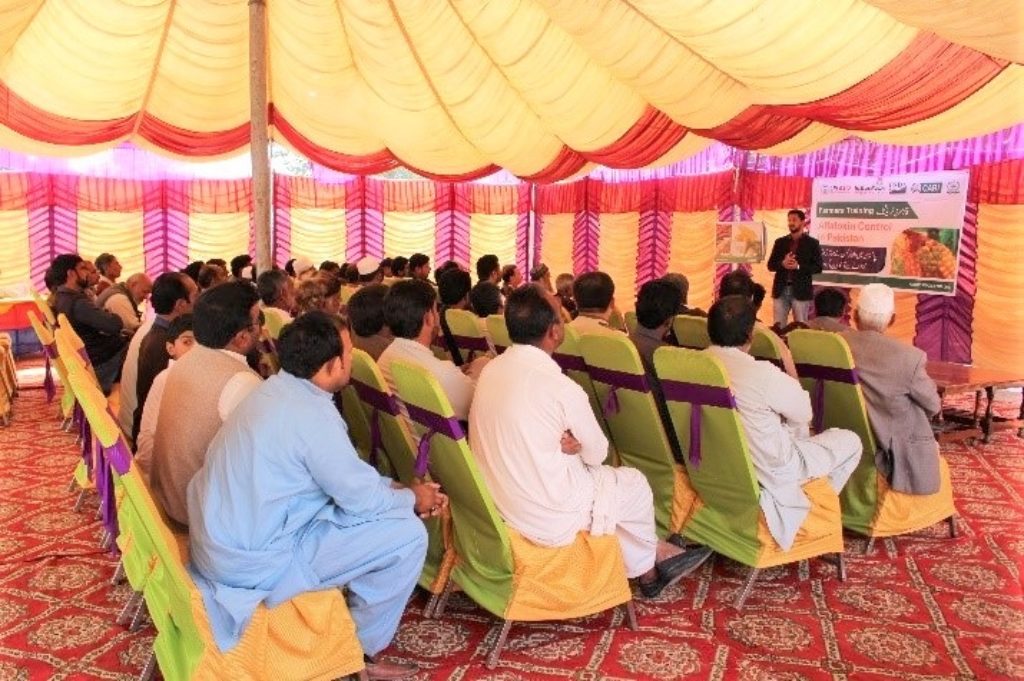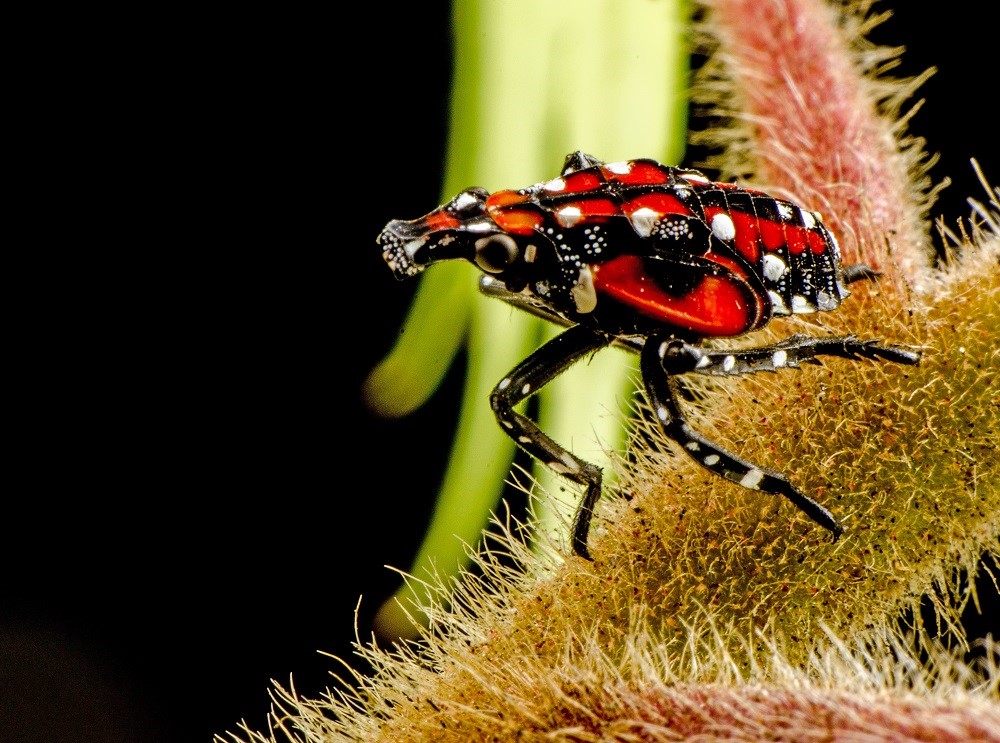Providing for bees in forest regeneration projects
Restoring pollinator populations should be prioritised for long-term effectiveness in forest restoration programmes According to the World Bank, 1.3 million km2 of forest was lost to human activities between 1990 and 2016, and deforestation rates have been increasing. With the threat of massive biodiversity losses and mounting evidence of the importance of forests in combatting climate change, efforts…
Online learning in development
January 24th is the United Nations’ International Day of Education, a celebration of the role of education for peace and development. The Sustainable Development Goals are rightly driving many projects amongst the world’s poorer nations and people groups, and online learning is playing a part in a lot of these projects. In honour of Education…
When you picture a farmer, are they a woman?
CABI has today published a briefing, Empowering female farmers – Gender responsive programming, which is an overview of gender inequality in agriculture, its challenges and impacts, and how CABI is working to address these through its projects and implementation now and in the future.
Sensitizing maize growers of Punjab on aflatoxin biocontrol to produce quality crops for their communities
Dr Sabyan Faris Honey, CABI, and Deborah Hamilton, USDA Farmers in the Punjab province of Pakistan produce 85% of maize not only for the purpose of helping to ensure local and regional food security but also for export to high end markets. Due to the presence of aflatoxin levels above permissible limits (20ppb) in maize…
CABI Blog Most Read 2019
As 2019 draws to a close, we have crunched the numbers and compiled the top 20 most read articles on the CABI Blog this year. Plus a few firm favourites. Articles by CABI Books authors proved popular this year, covering a wide range of topics from religious tourism, to science communications, and the visual system…
The Legume Alliance
Reblogged from N2Africa. Back in 2015, a group of like-minded organizations came together to explore the idea of forming an alliance to improve the information provided about improved legume techniques for farmers. The idea of this Legume Alliance was to test a new integrated approach to developing and sharing agricultural information. Farmers did not always…

